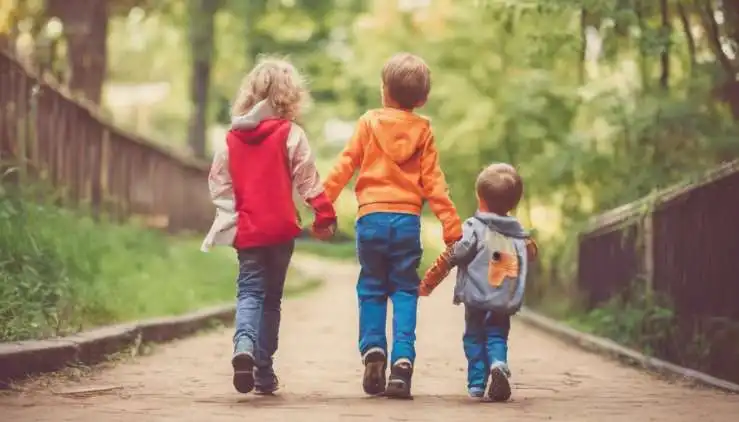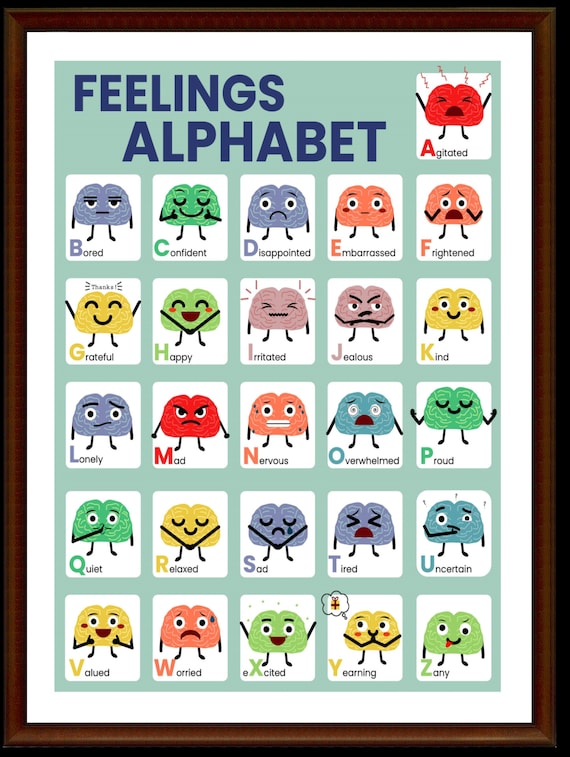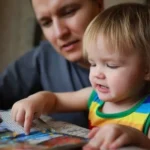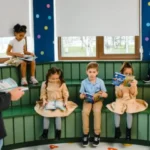
The A to Z Guide for Kids to Become Amazing Friends
April 18, 2024Discover the secrets to helping your child cultivate meaningful friendships with this comprehensive A to Z guide for kids.
 via Pexels
via Pexels
Table of Contents
Friendship is a fundamental aspect of childhood, shaping kids’ social skills, emotional intelligence, and overall well-being. As parents and educators, it is essential to guide children in developing strong and meaningful friendships from a young age. By teaching kids the importance of empathy, communication, problem-solving, inclusivity, and boundaries, we can help them become amazing friends who foster positive relationships throughout their lives.
Encourage Empathy
Empathy is the ability to understand and share the feelings of others, a critical skill in building strong friendships. By encouraging empathy in children, we teach them to be compassionate and considerate towards their peers. One way to cultivate empathy is by helping kids recognize and label emotions. Encourage them to identify different feelings, both in themselves and in their friends, and discuss how those emotions affect people’s behaviors and reactions. By understanding the perspectives of others, children can connect on a deeper level and form more meaningful friendships.
Promote Communication
Effective communication is key to maintaining healthy friendships. Kids should learn how to express their thoughts and feelings clearly and respectfully to their friends. Encourage open dialogue by creating a safe space for children to share their opinions and concerns. Teach them active listening skills, such as making eye contact, nodding in acknowledgment, and paraphrasing what they’ve heard to show understanding. By honing their communication skills, kids can strengthen their bonds with friends and resolve conflicts more effectively.
Teach Problem-Solving
Conflict is a natural part of any relationship, but knowing how to navigate disagreements is essential in sustaining friendships. Teach kids problem-solving techniques, such as identifying the issue, brainstorming solutions, and evaluating the outcomes. Encourage them to communicate openly with their friends when conflicts arise and work together to find mutually beneficial resolutions. Role-playing scenarios can also help children practice problem-solving skills in a playful and engaging way.

Image courtesy of www.etsy.com · In stock via Google Images
Foster Inclusivity
Inclusivity plays a vital role in creating a welcoming and supportive friendship environment. Encourage children to embrace diversity and include others who may feel left out. Teach kids the value of kindness and acceptance towards everyone, regardless of differences. Plan group activities that emphasize teamwork and collaboration, allowing children to bond over shared experiences and build a sense of community. By fostering inclusivity, kids can create friendships that celebrate individuality and create a sense of belonging for everyone.
Create Boundaries
Setting healthy boundaries is crucial in any relationship, including friendships. Kids should learn to respect personal space, privacy, and individual preferences. Encourage children to communicate their needs and preferences clearly to their friends, and teach them to recognize and respect the boundaries of others. By establishing boundaries, kids can protect their emotional well-being, prevent misunderstandings, and maintain healthy and balanced friendships.
 Image courtesy of www.amazon.com via Google Images
Image courtesy of www.amazon.com via Google Images
Conclusion
By teaching children the qualities of empathy, communication, problem-solving, inclusivity, and boundaries, we can empower them to be amazing friends who support and uplift each other. As parents and educators, let us prioritize social-emotional learning and guide children in cultivating positive and lasting friendships. Together, we can help kids build the essential skills and values that will serve them well in both their personal relationships and future endeavors.









